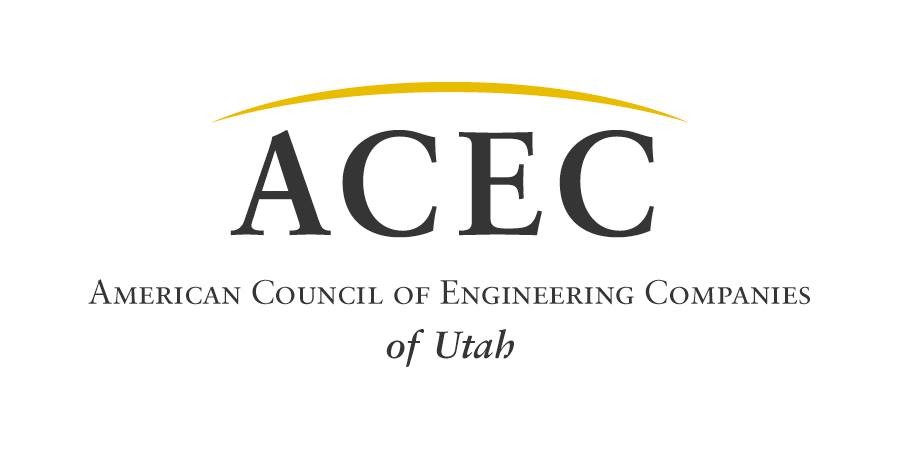Best practices: Tips and best practices for engineering firms to enhance their business operations
 Engineering firms face unique challenges in today’s competitive and rapidly evolving market. To stay ahead, firms need to continuously enhance their business operations, improve efficiency, and ensure they deliver high-quality projects. Here are some best practices that can help engineering firms optimize their operations and achieve sustained success:
Engineering firms face unique challenges in today’s competitive and rapidly evolving market. To stay ahead, firms need to continuously enhance their business operations, improve efficiency, and ensure they deliver high-quality projects. Here are some best practices that can help engineering firms optimize their operations and achieve sustained success:
Embrace technology and innovation
Adopting the latest technologies and innovative solutions is crucial for modern engineering firms. Tools such as Building Information Modeling (BIM), computer-aided design (CAD) software, and project management platforms can streamline processes and enhance collaboration. Integrating these technologies can lead to better project visualization, improved accuracy, and faster turnaround times.
According to a report by McKinsey & Company, firms that leverage digital tools and data analytics can achieve significant improvements in productivity and project outcomes. For instance, BIM can reduce project costs by up to 20% and increase overall efficiency.
Invest in continuous learning and development
The engineering industry is constantly evolving, with new standards, materials, and technologies emerging regularly. To keep up, firms should invest in continuous learning and development for their staff. Offering regular training sessions, workshops, and webinars can help engineers stay updated with the latest industry trends and best practices.
Professional development not only enhances the skills of employees but also boosts morale and job satisfaction. Organizations such as the American Society of Civil Engineers (ASCE) provide various educational resources and certifications that can be beneficial for engineering professionals.
Foster a collaborative work environment
Collaboration is key to successful engineering projects. Encouraging a collaborative work culture can lead to more innovative solutions and better problem-solving. Utilizing collaborative tools and platforms can facilitate seamless communication and information sharing among team members.
According to Deloitte, teams that work collaboratively can increase their productivity. Implementing regular team meetings, collaborative project management software, and open communication channels can significantly enhance team dynamics and project outcomes.
Focus on quality assurance
Maintaining high standards of quality is essential for building a reputable engineering firm. Implementing robust quality assurance (QA) processes ensures that projects meet or exceed client expectations and comply with regulatory standards. Establishing clear QA protocols, conducting regular inspections, and using quality management software can help in identifying and addressing issues promptly.
ISO 9001 certification is a globally recognized standard for quality management systems that engineering firms can pursue to demonstrate their commitment to quality and continuous improvement.
Optimize project management
Effective project management is crucial for the successful execution of engineering projects. Implementing best practices in project management can help firms manage resources efficiently, meet deadlines, and stay within budget. Key practices include defining clear project objectives, creating detailed project plans, and using project management tools to monitor progress.
The Project Management Institute (PMI) offers guidelines and certifications, such as PMP (Project Management Professional), that can enhance the project management skills of engineering professionals.
Enhance client relationships
Building strong relationships with clients is vital for the long-term success of engineering firms. Providing exceptional customer service, maintaining transparent communication, and delivering projects on time and within budget can help in retaining clients and attracting new business.
Regularly seeking client feedback and acting on it can also improve client satisfaction and strengthen business relationships. A client-centric approach can lead to repeat business and positive referrals, which are critical for growth.
Implement sustainable practices
Sustainability is becoming increasingly important in the engineering industry. Implementing environmentally friendly practices not only benefits the planet but also enhances the firm’s reputation. Adopting sustainable design principles, using eco-friendly materials, and minimizing waste can contribute to more sustainable projects.
Firms can also pursue certifications such as LEED (Leadership in Energy and Environmental Design) to demonstrate their commitment to sustainability and attract clients who prioritize green building practices.
Conclusion
By embracing these best practices, engineering firms can enhance their business operations, improve project outcomes, and achieve sustained growth. Staying ahead in the competitive engineering landscape requires continuous improvement, a commitment to quality, and a client-centric approach. Implementing these strategies can help firms build a strong foundation for future success.






